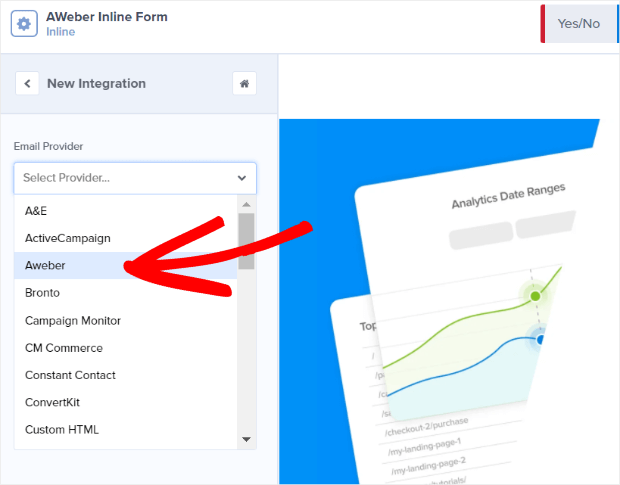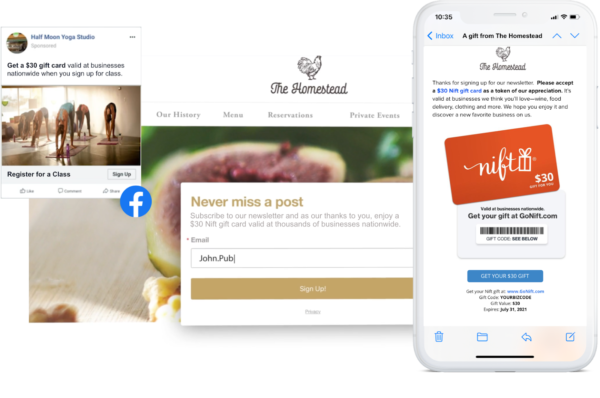20 Handy Pieces Of Advice For Choosing Email List Sellers
20 Handy Pieces Of Advice For Choosing Email List Sellers
Blog Article
What Should I Think About When Purchasing An Hematologist Email List?
It's crucial to think about a number of aspects when buying a hematologist mailing list to ensure that the list you purchase is up-to-date, in line with law, and relevant to marketing goals. These are the most crucial considerations to consider. Data Accuracy and Quality
Source of Data: Verify that the data provider relies on reliable data sources like medical databases, professional directories or opt-ins that have been verified by Hematologists. The accuracy of the contact information will determine the accuracy of the list.
Updates and verification: Learn the method used by the service provider to verify data. Email addresses must be checked to remove any invalid or inactive addresses. Regular updates are important to ensure that the list is accurate, as healthcare professionals may change positions or even institutions.
Specialization and Segmentation: Be sure that the list is tailored to hematologists and can be segmented further by subspecialties, for instance (e.g. pediatric oncology, hematology) or locations, years of experience, or even hospital affiliation. The lists that are well-organized help you to target your efforts more effectively.
2. Compliance with Legal Regulations
Data Privacy Laws - Ensure that the list is compliant to data privacy laws such as the General Data Protection Regulation in Europe and the California Consumer Privacy Act in the U.S. Email addresses need to be collected with the necessary consent.
CANSPAM Act: If reside in the U.S.A. Be sure that the list complies to the CANSPAM Act which governs all commercial emails. Failure to comply could result in a penalty, and your emails could be marked as spam.
Opt-in Consent. The list of email recipients should consist of hematologists who have explicitly agreed to receive third-party email. Sending uninvited emails to those who don't have consent could result in poor engagement aswell as legal problems.
3. Provider Reputation
Reputable Provider: Study the list provider's reputation. Check reviews, testimonials and case studies for a trustworthy business. A provider with a good history is likely to deliver information of the highest quality and conformity.
Transparency. Choose a service that has transparency regarding where and how the data was collected. Providers that are vague or not clear about their data collection methods must be avoided.
Customer Support: Choosing an organization with excellent customer service is crucial. Support is vital if have issues with your setup or technical configuration or need to alter your list, or have questions regarding compliance.
4. Cost and Return on investment (ROI).
Pricing Model: Pay attention to the pricing structure. Do you want a fixed cost or a pay per -contact? Make sure that the cost is in line with the expected return on investment, while balancing the quality of your list and quantity with the budget for your marketing.
Refund and Replacement Policy. Most reliable providers will offer the option of a refund or replacement policy in case the email address is not valid or has expired. Clarify terms of policy before purchasing.
Value for Money Comparison of features such as segmentation choices and data accuracy warranties with the costs. It may not be worth the cost to buy the cheapest list in the event that the quality of data is poor.
5. Use and ownership of data
Understanding the distinction between single use and multiple Use Multiple Use: Know the usage guidelines for the email lists. You might be able to use the email list for a single campaign with some providers, but others will allow unlimited usage.
Exclusive vs. Shared Lists. Find out whether an email list is yours only or is shared with other buyers. Exclusive lists tend to have better engagement because the contacts are less exposed to emails from marketing.
6. Data Format and Integration
Integration with CRM and Email Tools: Ensure that your email list can easily be integrated into CRM and email platforms. The list must be in standard formats, such as CSV and Excel. This will allow an easy integration.
How do you sort the list and manage it? Lists difficult to segment may reduce the effectiveness of your marketing campaigns.
7. Ethical Questions
Relevance to Hematologists Be sure your emails are relevant to the field of hematology. Not sending content relevant to their expertise can negatively impact your brand's reputation and lead to poor engagement.
Avoid spam practices: Don't bombard recipients with a lot of emails. The sending of spam complaints could harm your reputation if you send too many emails.
It is important to consider the advantages and disadvantages of purchasing the list of hematologists. To ensure that you are getting a list with high quality and accuracy, you should focus on the quality of the data, the compliance with privacy laws and the reputation and track record of the vendor. Segmentation, legal compliance, as well as ethical marketing are crucial aspects to take into consideration in order to maximize your return on investment. Follow the expert hematologists email list for blog tips.
When You Are Buying An Oil Industry-Related Email List There Are 10 Essential Things To Keep In Mind.
It's important to take into account several factors prior to purchasing an email list within the oil and gasoline industry. This will ensure the list has high-quality content, is legally compliant, and is highly targeted. Here are ten crucial factors you should consider.
1. Relevance of the target audience
Check to see if the email list targets only the oil and natural gas industry. A well-organized email list must include professionals including engineers, geologists. Operations managers and decision-makers from upstream, downstream and midstream operations.
Look for the appropriate key decision-makers (executives and managers, engineers etc.). It is important to target the right businesses.
2. List Source and Vendor Reputation
Reputable Suppliers: Purchase only from trustworthy and reputable providers of email lists who adhere to the most efficient methods of data collection. Avoid sources that are of questionable origin, as these may result in poor quality information or even legal problems.
Data Quality Research reviews and testimonials that can be used to gauge the credibility and reliability of a list-provider.
3. Quality, Freshness, and Accuracy of Data Quality
Data Age : The list needs to be updated with most recent contact details. Companies in the oil and gas industry frequently undergo personnel changes, and outdated contacts could cause a high bounce rate.
Verification Process. Check that vendors are regularly checking and amend their lists to get rid of inaccurate or non-responsive contact information.
4. Conformity to Regulations
Legal Compliance. Check that your list is in compliance international and local rules, such as GDPR and CAN-SPAM. They regulate the use of personal information. Failure to comply could result in serious consequences and legal risks.
Opt-In Process: Check whether the email addresses listed in the list were collected with consent. That is, they have opted in to be notified.
5. Segmentation and Customization
Custom Segmentation: Good list providers should offer options for segmentation based on factors such as location, job title, business size, or sub-sectors in oil and gas.
Custom Filters. In accordance with what your campaign goals are it is possible to tailor the list by including criteria such a geographic area size, company size, or specific requirements.
6. Deliverability Rate
High Delivery Rate: A good email list will send emails at a rate of 95% or more. Low-quality lists often have high bounce rates, which can harm your sender reputation and email marketing efforts.
Test and Metrics: Ask for metrics to measure the results of your list.
7. Volume Vs.
Quality over Quantity: Be sure that your list isn't only large in size, but precise and specifically targeted. A smaller but high-quality mailing list is more effective than one that is large and generic.
Engagement Metrics Prioritize Engagement Rates over Contact Numbers. A more active audience is more likely to be more responsive to your marketing.
8. Pricing and Costing Structure
Transparent Pricing â Understand the price structure, whether it's a one-time or recurring subscription. Beware of low-cost, list prices that are unusual. They may not offer the quality or value you expect.
Return on Investment (ROI) Take into consideration the potential ROI by comparing the cost of the list with expected conversion rates. It can be cheaper to pay a higher price for a list that has high conversion rates.
9. Privacy of data and security
Data Protection: Make sure that the list provider has robust data security practices in place. The list provider must ensure that all personal data is protected from unauthorized access.
Confidentiality: Confirm that the provider will not sell or share your information, particularly when your company requires privacy and discretion.
10. Customer Support and After Sales Service
If you are having issues or require assistance with implementation The vendor should offer continuous customer service.
List Replacement Guarantee: If there are any of issues with the list (e.g. inaccurate information or insufficient delivery) A reputable supplier will offer replacements or refunds.
These factors will help you to choose an email list for the gasoline and oil industry that is effective and legally compliant. It should also align with your objectives. Check out the top for blog advice.